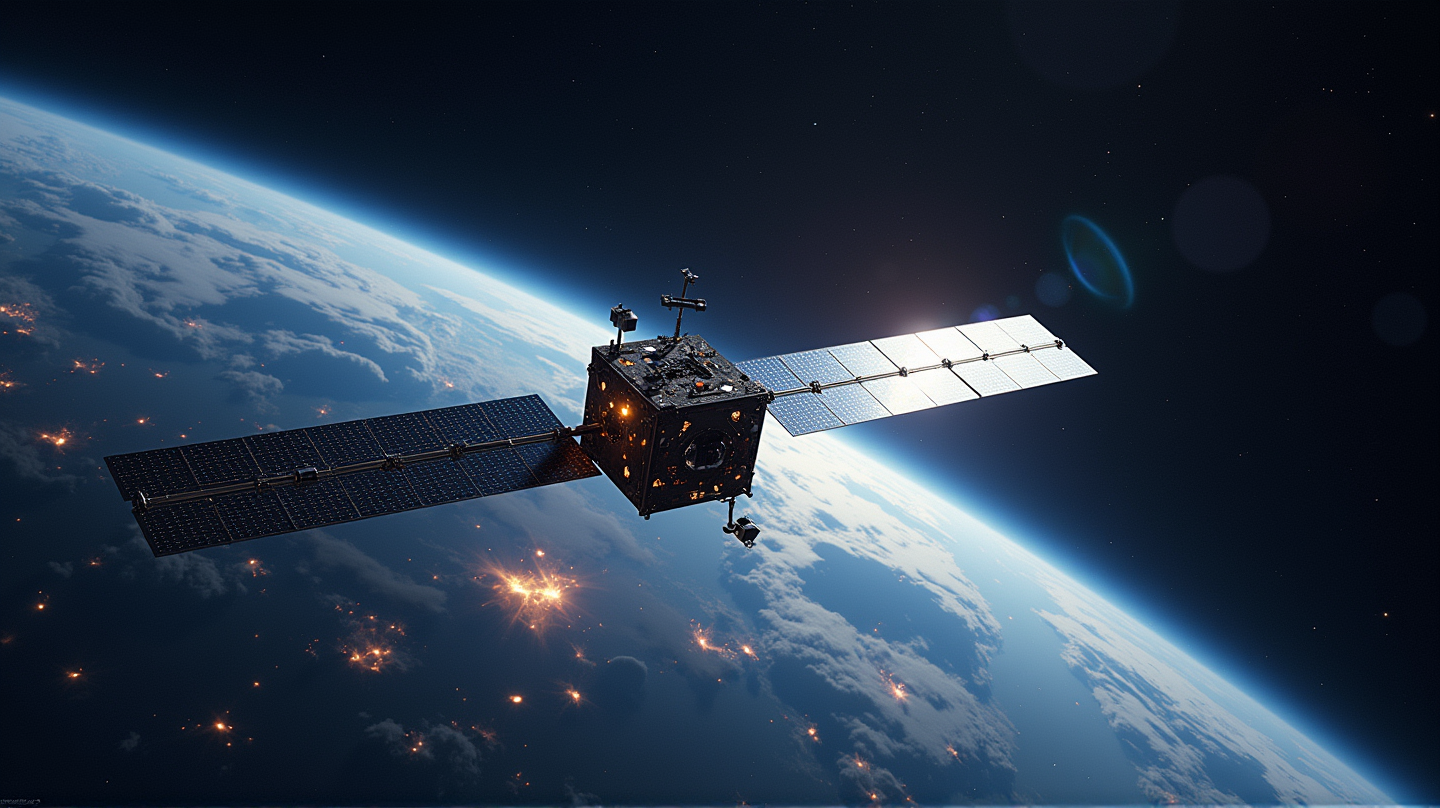In an era where sovereignty and independence in surveillance are becoming pivotal for nations worldwide, U.S. commercial satellite companies are stepping up to meet these rising global demands.
A New Wave of Customers
American satellite imaging Giants like Maxar Intelligence, BlackSky, Planet Labs, and Capella Space are experiencing a paradigm shift. Once primarily serving U.S. government contracts, they are now tapping into the international market, providing foreign nations with the ability to watch over their own territories. This pursuit for “sovereign” space capabilities is reshaping the landscape of the satellite industry, as these companies strike lucrative deals with nations keen on developing their surveillance systems.
Driving Forces Behind the Transformation
Geopolitical shifts are driving nations to seek independence from traditional intelligence sources, equipping themselves with geospatial intelligence systems for both defense and civilian applications. The democratization of satellite technology has made these systems not just more accessible but also indispensable for countries looking to bolster their national security and sectors like energy, agriculture, and infrastructure.
Lessons from Conflict Zones
The critical role of commercial satellite imagery gained attention during the Ukraine war. The conflict showcased the battlefield value of satellite imagery, sparking an increased interest worldwide. Nations have realized the strategic advantage of possessing independent observation capabilities, compelling them to invest in commercial technology.
Open Market Opportunities
As commercial technology becomes more agile and affordable, countries previously excluded from the space race due to budget constraints can now participate actively. This expansion facilitates not only sovereignty but also positions U.S. companies as global leaders in commercial space technology, enabling them to reach new heights in innovation and market reach.
According to Military Aerospace, the commercial satellite industry’s evolution signifies a shift in power dynamics, with technology serving as the cornerstone of modern geopolitics. As U.S. companies continue to navigate this new frontier, their adaptability and innovation will be key to maintaining leadership in this competitive arena.
